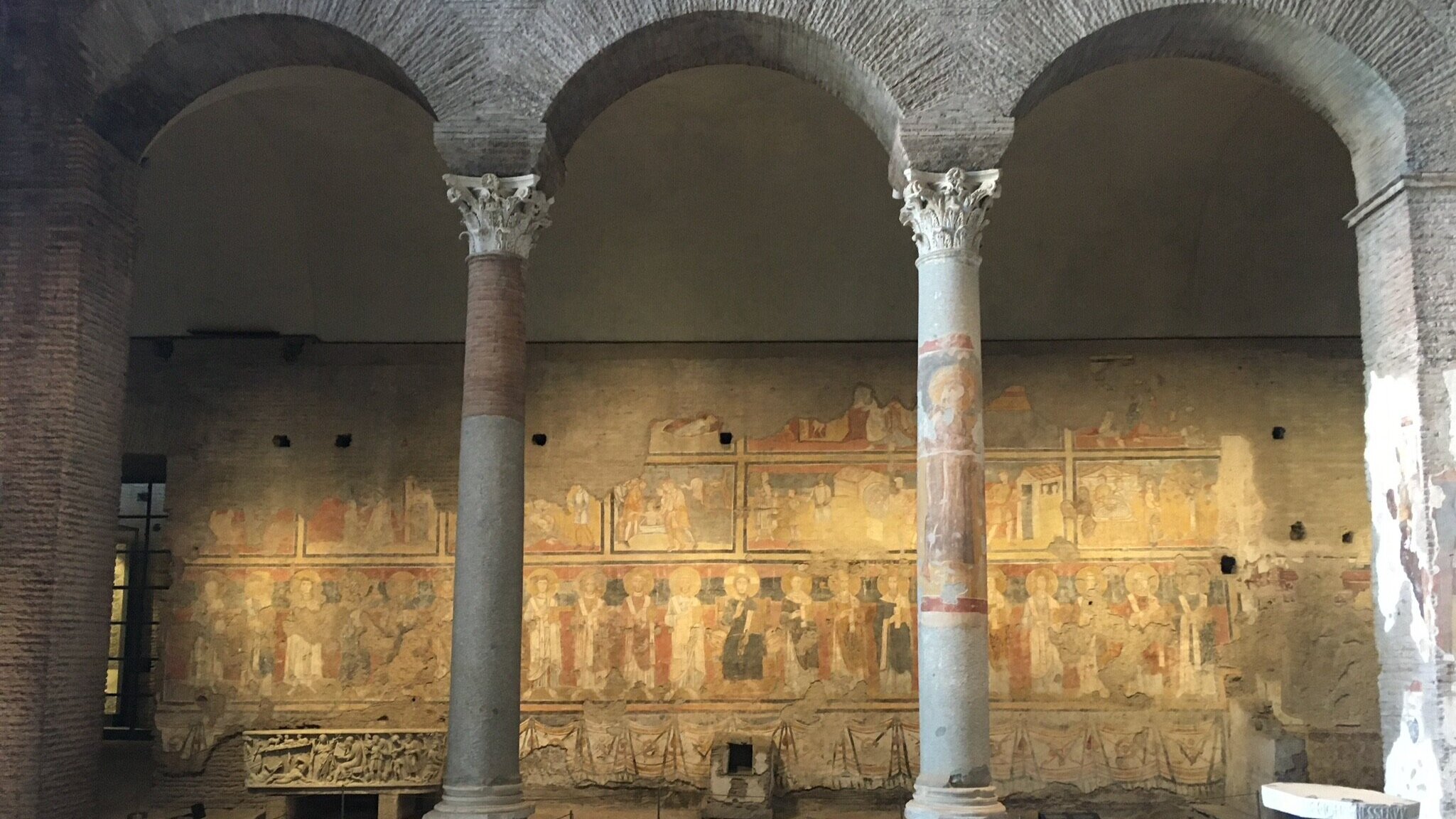Historian and Essayist.
For twenty years, a fascination with the crossroads of history, religion, and the city of Rome has inspired my intellectual and creative work.
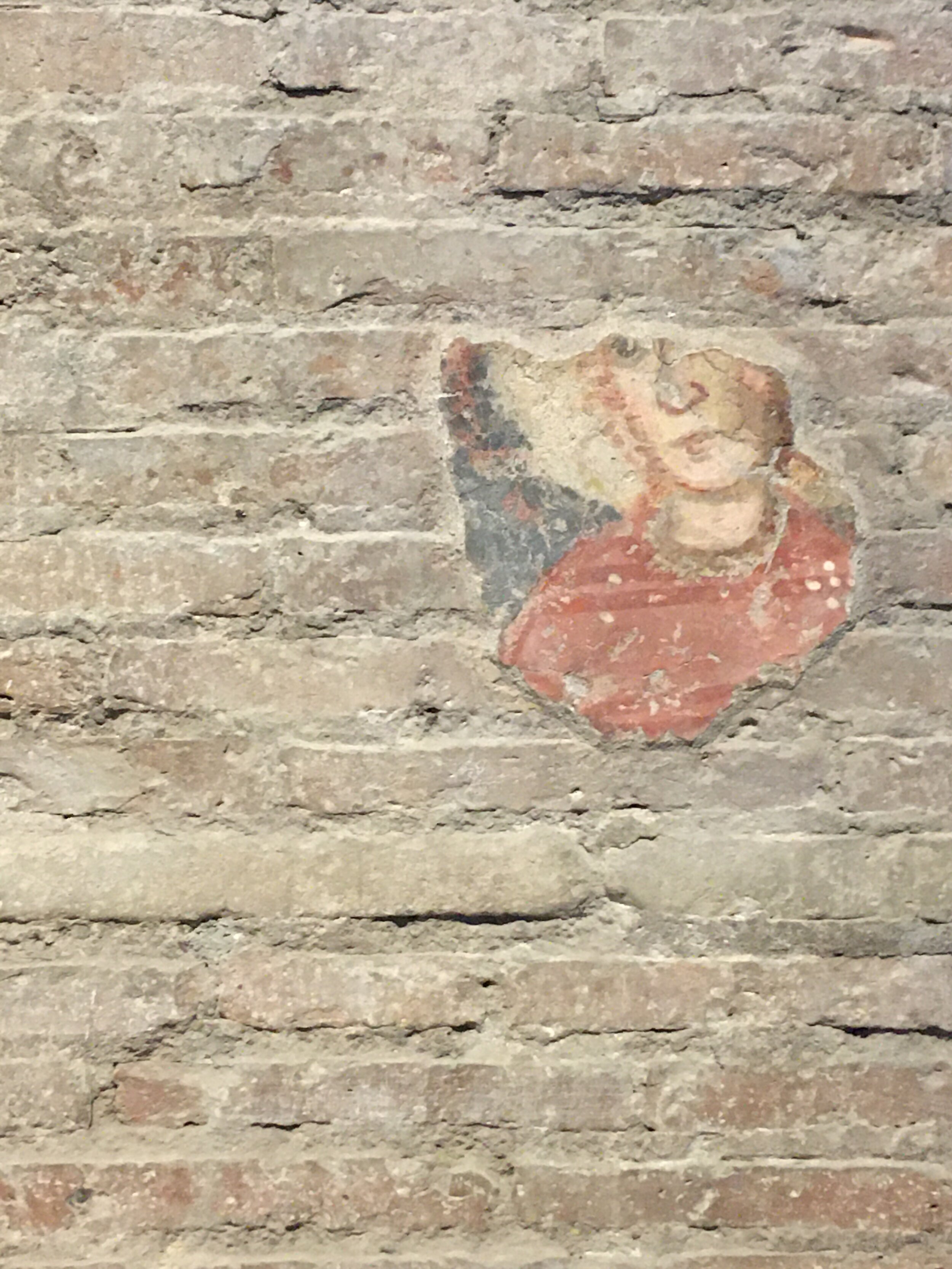
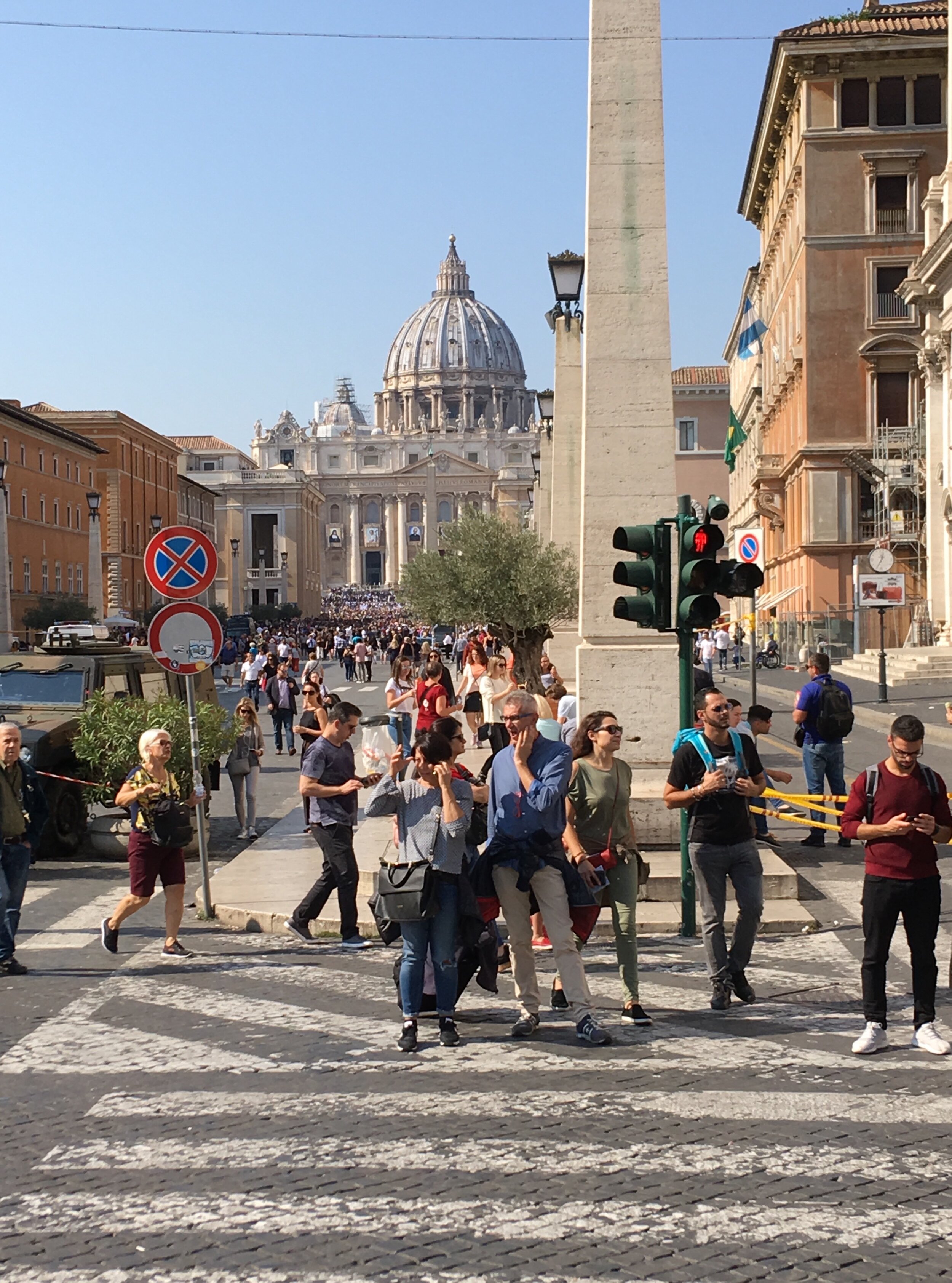
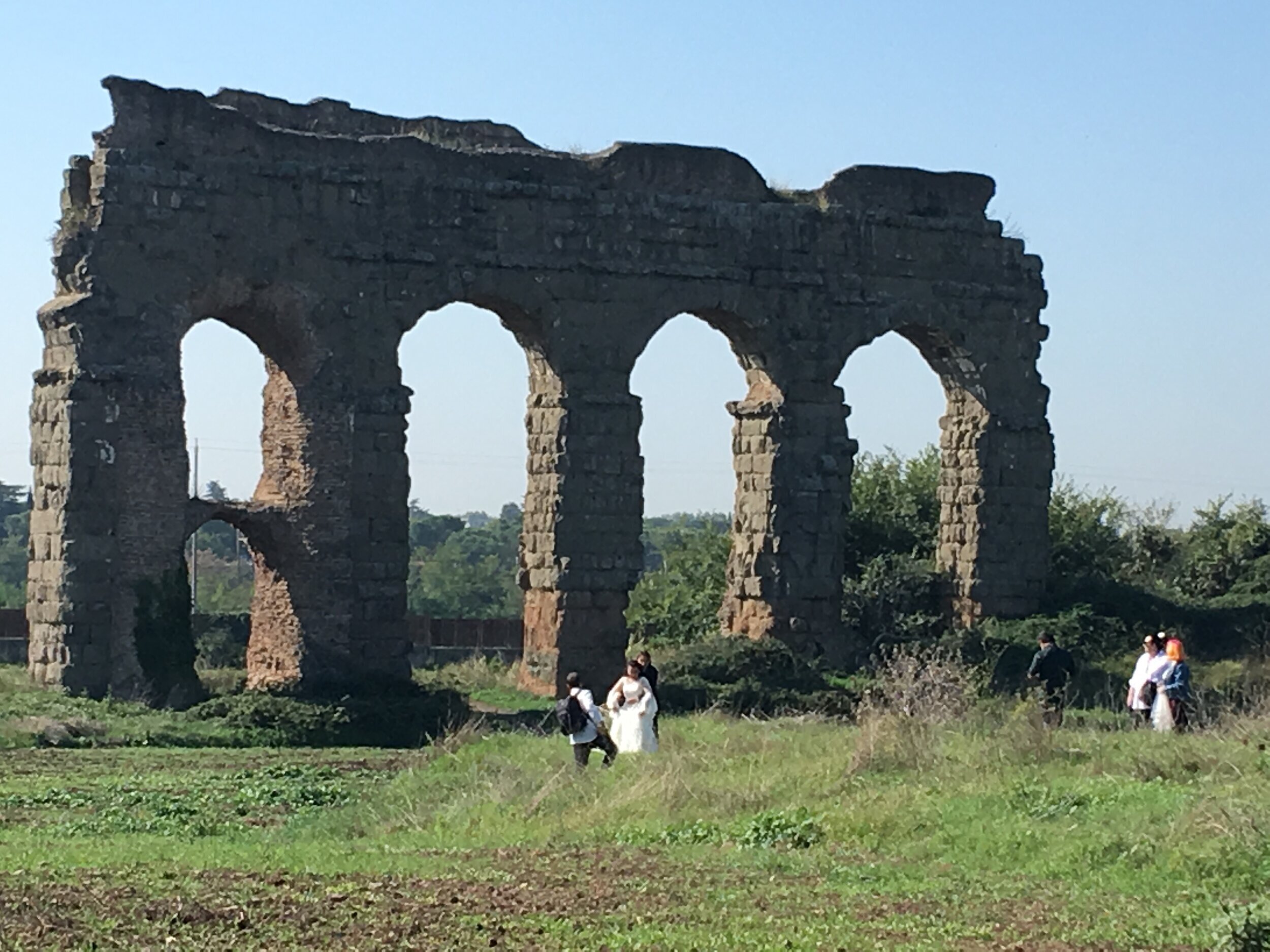
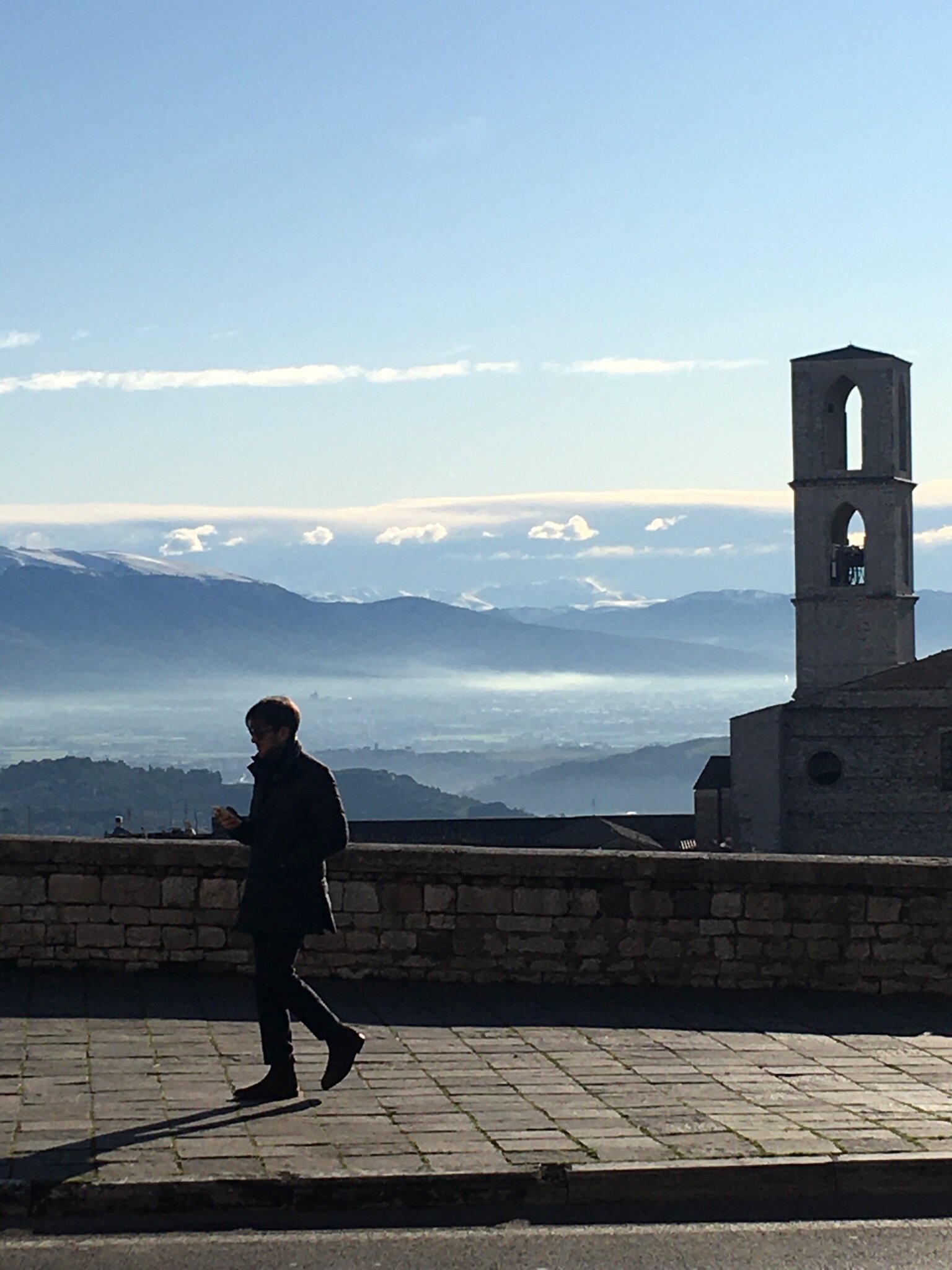
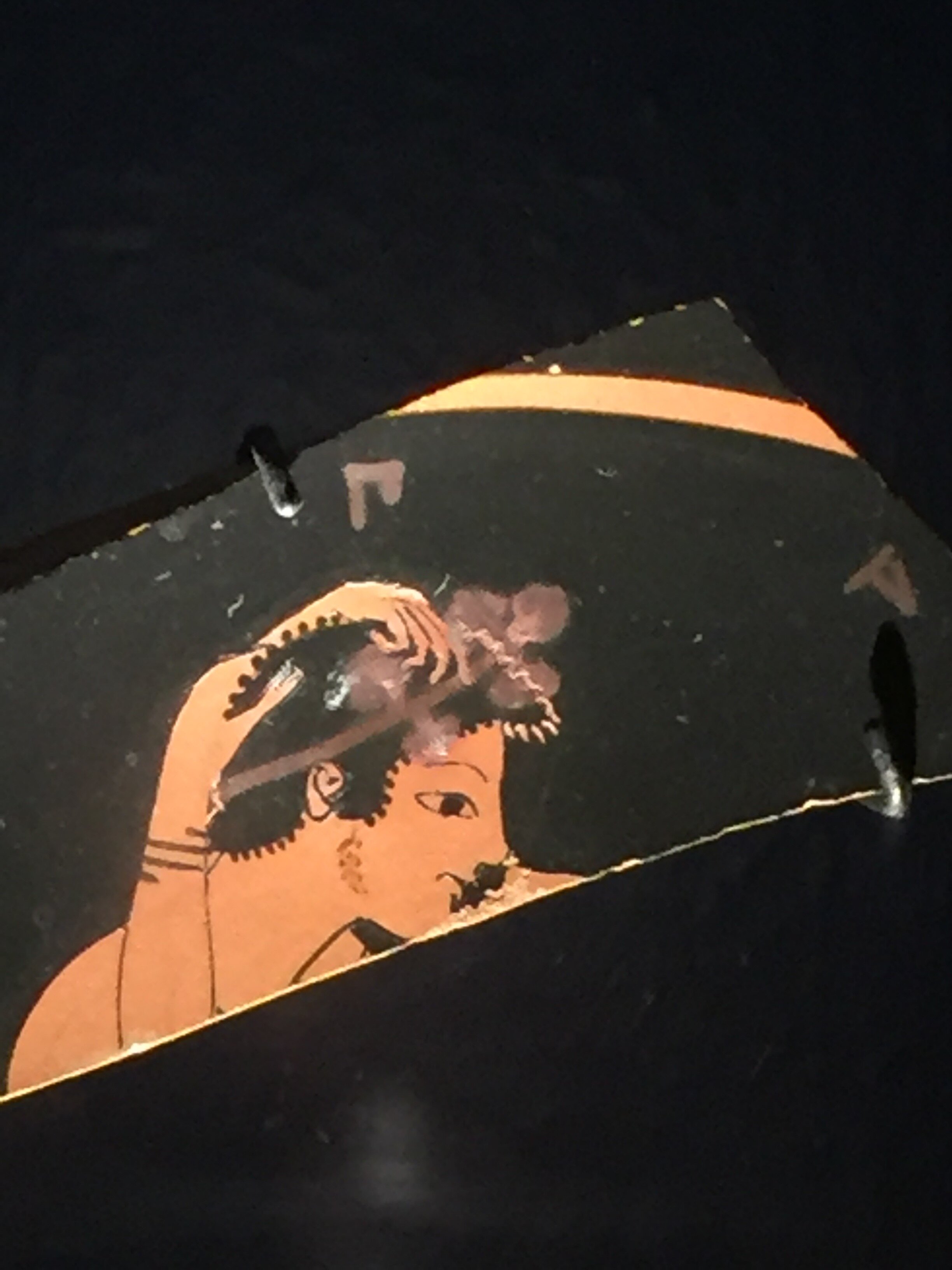

A proud book lover in an age of tiny typed notes and short attention spans—and an admirer of languages, both ancient and modern—I have always been inspired by people who tell stories differently.
Photo by Nicole Griffing
My path to a Ph.D. in classics, then onwards to my current position as Full Professor of history, began with an interest in journalism and creative writing. Raised just outside Chicago, in Park Ridge, Illinois, I grew up attending Jesuit Catholic schools, where my teachers cultivated my interests in storytelling, languages, and history. After studying at Georgetown University in Washington, D.C., and a formative college experience in Rome, I moved to Austin, Texas, where I earned my masters and doctorate at the University of Texas.
Each of my four scholarly books since then has drawn upon my diverse creative and intellectual interests to tell an overlooked or under-appreciated narrative about the ancient world, which, given how lopsided the recorded past can be, is much easier said than done. While my appreciation for literature, art, and narrative ranges widely—you’ll usually find me with a novel in my hands—history fills my work days. Aspects of my research have been featured at NPR, The Atlantic, The Economist, The Wall Street Journal, the Financial Times, The Washington Post, NBC news, the Boston Globe, and in Spanish media at El Huff Post (Spain) and El País. Two of my essays on Ancient Rome’s legacy in the modern world have been published at TIME: "What We Get Wrong about the Fall of Rome” and “An Ancient Roman Lesson in the Power of Welcoming Immigrants,“ and my book reviews and features about antiquity regularly appear in the leading English-language history magazine, History Today. In 2017, I co-organized a panel at SXSW (South by Southwest) on history, faith and technology. My advocacy on behalf of cultural heritage appeared in The International New York Times, and I serve on the board of the non-profit cultural heritage organization SAFE, which raises awareness about the illicit sale of looted artifacts. My writing has been nominated for a PROSE Award from the Association of American Publishers.
More specialized historical studies have appeared in the peer-reviewed pages of the leading national and international journals in my field, from the Journal of Roman Studies to the Journal of Early Christian Studies to the American Journal of Archaeology, where my contributions have focused on matters of religion, urbanism, and identity. I have documented the resilience of paganism during the later Roman empire; shown that the legacy of Augustine and his mother, Monica, was not received as swiftly as faith history asserts; and explained how the word "pagan" originated from within contentious Christian debates about culture after Constantine’s revolution. In more recent works, I have challenged the conventional picture of Julian as Rome’s “last pagan emperor” and used ancient statues to document everyday life in Italy, outside the grip of the early Medieval church, during the fifth and sixth centuries. As team lead in 2017, I oversaw the construction of the collaborative Living Late Antiquity project, which remains an important online resource for the study of the ancient world.
In addition to providing perspective on current events and news at the intersection of history and religion for national and international media outlets, I am available to speak about a variety of topics: my curiosity for the classical world, my ongoing fieldwork in Italy, and how growing up gay in a Catholic family has inspired the questions I ask in my research. From 2010-2013 I taught in the Department of Classics at Georgetown University, and I’m currently Professor of History at Saint Louis University, where I was tenured in 2016.
My next book will appear from W. W. Norton in 2025.
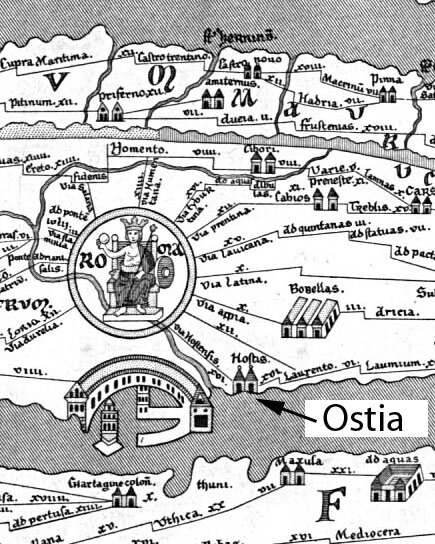
Learn more.
A selection of my public writing appears at Medium. You can learn more about my research at Saint Louis University's Department of History.
